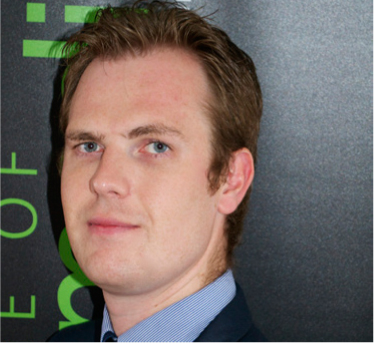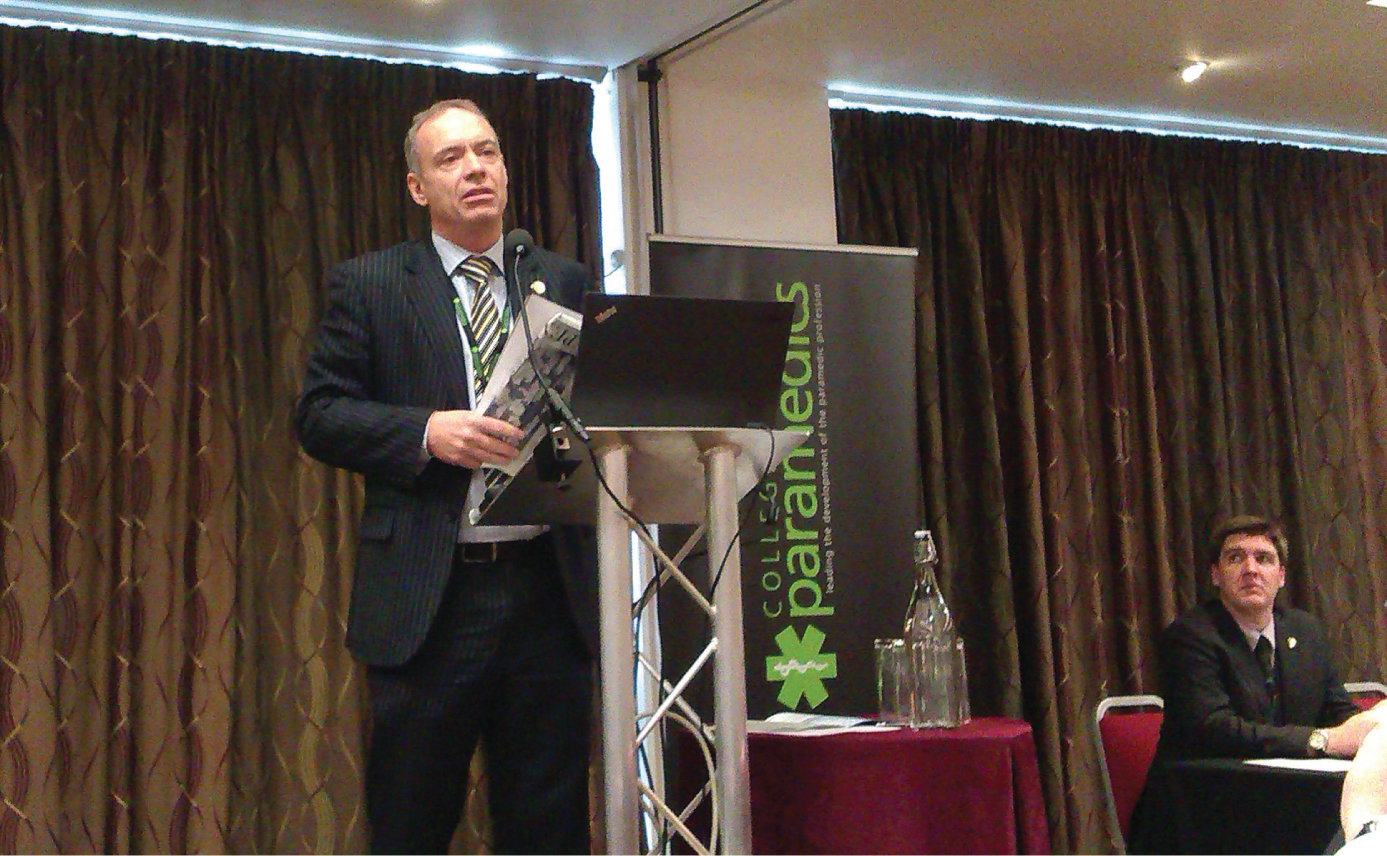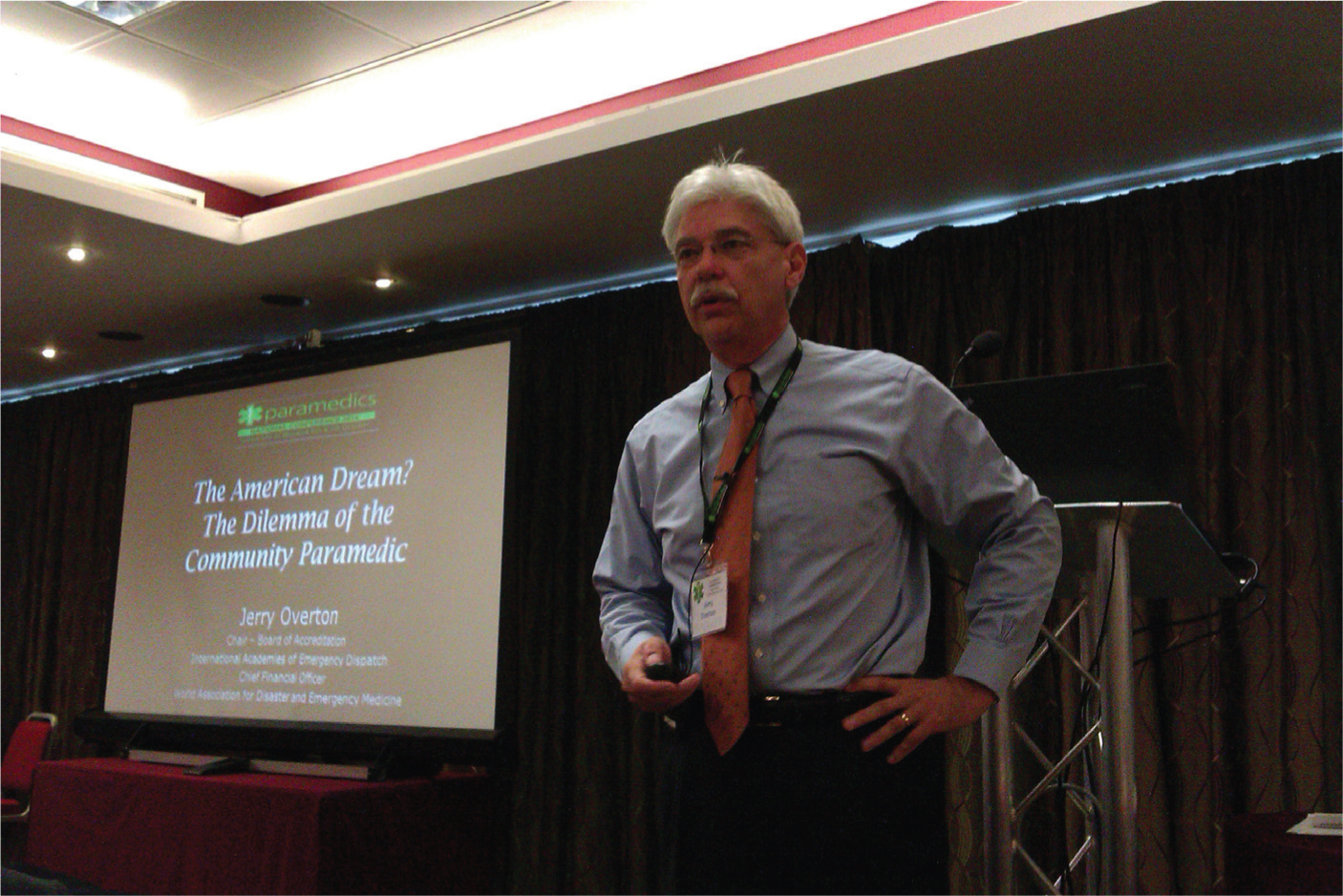
At the start of the year the Governing Council of the College of Paramedics took the decision to commission the organisation's first national conference for several years. While the College has previously worked with other organisations such as the Association of Ambulance Chief Executives and the International Paramedic Group, the Council decided that in 2014 the College should hold a conference which was to be the sole property of the College of Paramedics and its members.
With the continuing political focus on urgent and emergency care it was felt that it would be right for this to be the main theme for the conference. The paramedic profession is increasingly becoming recognised as a key workforce providing urgent care services, and the conference offered a unique opportunity to review the work being undertaken to develop the profession.
This viewpoint was not felt more strongly than during an update on the ongoing work of the Urgent and Emergency Care Review from Professor Keith Willett, who highlighted the need for reform within the UK ambulance services, transforming them from an assessment and transport service, to a mobile community treatment service. He went on to stress the importance of the paramedic profession in the delivery of these reforms and the obligation of the College to prepare the profession not only within the ambulance sector but also the increasing number of other health care settings in which paramedics are providing services. He concluded by congratulating the profession for being one of the most highly regarded professions within the NHS.


David Farrelly from Health Education England (HEE) continued the theme of paramedic development by describing the work being done to review the recommendations of the Paramedic Evidence-based Education Project (PEEP) and how these might be implemented. Farrelly drew attention to the need for the minimum level of education for paramedic registration to be reviewed and supported the College's position on the need for it to be at BSc level and also being a fundamental step in supporting the work of the Paramedic Independent Prescribing Project.
There was also a very strong international contribution to the event with speaker representations from the United States of America, the Republic of Ireland, Germany, Switzerland, South Africa and Australasia. Those representatives gave backgrounds and their viewpoints on the challenges faced by the paramedic profession and the wider emergency medical systems in their respective countries. What became abundantly clear were the vast similarities in the difficulties faces across the international systems. This was mainly focused around the changing dynamics of the demand on these services and the increasing expectations demonstrated by the service users. The UK system received much praise in the efforts being taken to address these challenges and there was a strong call for more international working through the sharing of information and group objectives.
There is no doubt that this was a positively received and successful conference with great enthusiasm to continue in the future. I would like to sincerely thank all of my colleagues who dedicated so much time to ensure that this event was a success. And importantly, to all the delegates who attended and engaged on the Twitter feed, thank you. The atmosphere that you generated guaranteed the success of the conference. The Governing Council has established a working group to review the conference, to identify both the positives and also to learn from areas that could have been improved on. The working group will make recommendations to Council at its meeting in February 2015, which will include the frequency of future conferences.

